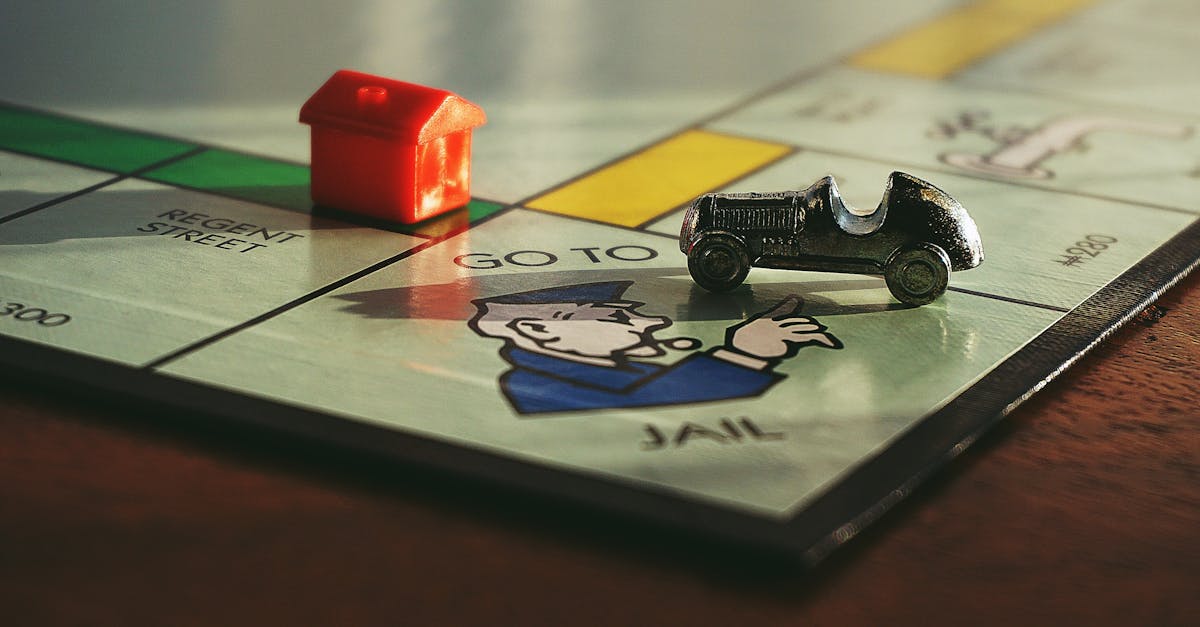
Written by: Alex Chen · Expert in Technology, Personal Finance, Travel
Published: July 20, 2024
We strive to provide well-researched, factual content. If you notice any errors, please contact us.

Board games have been enjoyed by people across cultures and centuries. From the ancient Egyptian game of Senet to the Chinese game of Go, board games have provided entertainment and challenge for players of all ages. These early games were often symbolic, reflecting cultural beliefs and values.
As societies evolved, so too did board games. During the Middle Ages, games like Chess and Backgammon gained popularity among royalty and commoners alike. These games required strategy, skill, and a bit of luck, making them beloved pastimes for people of all social classes.
The Industrial Revolution brought about a new wave of board game innovation. Games like Monopoly and Scrabble became household names, offering a mix of strategy, luck, and social interaction. These games were a reflection of the changing times, with themes of capitalism, trade, and language playing out on the game board.
Today, board games continue to evolve and adapt to the digital age. Games like Settlers of Catan and Ticket to Ride have redefined what a board game can be, combining elements of strategy, luck, and social interaction in new and exciting ways. These modern classics have a dedicated following of fans who gather to play, compete, and strategize.
The evolution of board games from ancient pastimes to modern classics is a testament to the enduring appeal of these games. Whether you prefer the simplicity of a traditional game like Chess or the complexity of a modern favorite like Pandemic, there's a board game out there for everyone. So gather your friends and family, roll the dice, and enjoy the timeless fun of a good old-fashioned board game night.

Written by: Alex Chen · Expert in Technology, Personal Finance, Travel
Published: July 20, 2024
We strive to provide well-researched, factual content. If you notice any errors, please contact us.